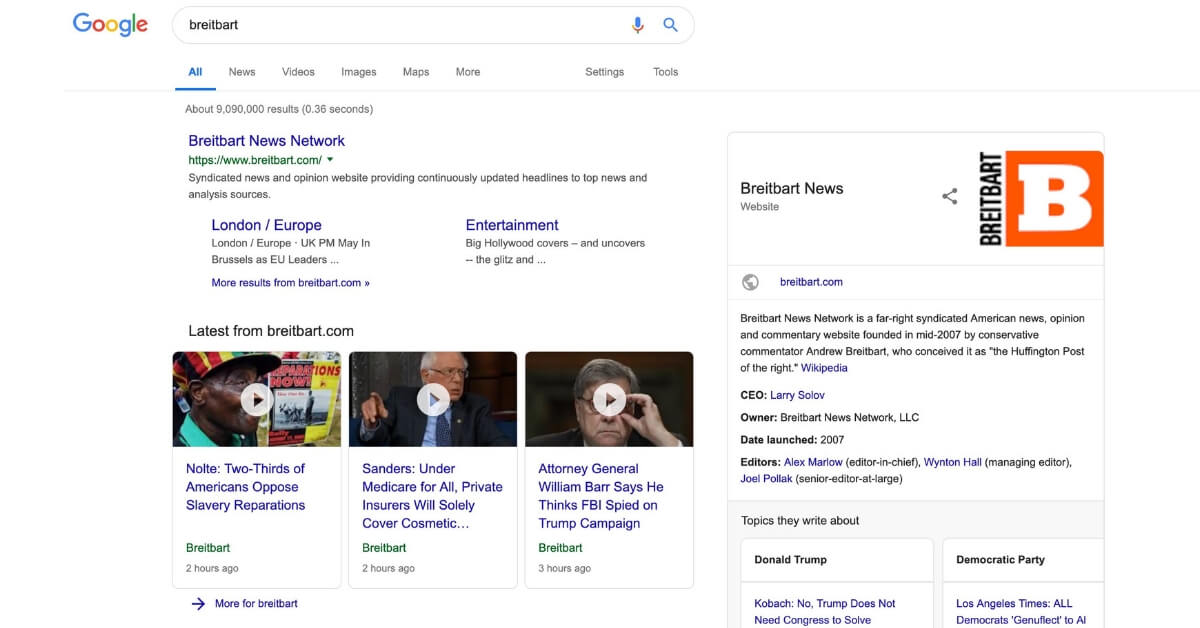According to a new report from the Daily Caller, there is a special blacklist containing news sources and blogs that will be filtered out by Google search engine. These sites are deemed “problematic” because they go against Google’s misrepresentation and “good neighbor” policies publicly available on their corporate website.
Ben Gomes approved the document received by some developers at Google, Google’s head of search, himself. Mr. Gomes is an influential person and reports to Sundar Pinchai, the CEO of Google. Other developers involved in the creation of the “blacklist” policy are Paul Haahr and Pandu Nayak. It seems that the leadership of the company are on the warpath against fake news, hate speech, and science denial.
So far, the policy only blacklists some sites from appearing in search results and news feeds generated by Google products. The policy should not demote such sites in the organic search. You may have noticed that Google search results are often mixed with proposed news and ads from Google. Promoted materials will not contain any content from blacklisted sites.
The document also mentions UGC and News Corpus as unreliable sources of news. The policy will prohibit pages with single answers to search inquiries taken directly from the open web. Pages containing content from Google (e.g., Knowledge panels and News Summaries) will also be blacklisted.
On the bright side, the policy does not affect organic search results meaning that users will still find whatever they want. However, the impact will be notable as many websites generate traffic by appearing in other search features. Google claims that its new policy is created to provide users with trustworthy information even if this information comes from a source not owned by Google.
A spokesperson from Google stated that the policy is not a secret and can be viewed online without any restrictions. The policy contains guidelines that sites need to adhere to to appear in search features by Google.
The spokesman also noted that they do not manually control organic search results and allow blacklisted sites to appear amongst most relevant pages if their content corresponds with the search inquiry sent by a user.










